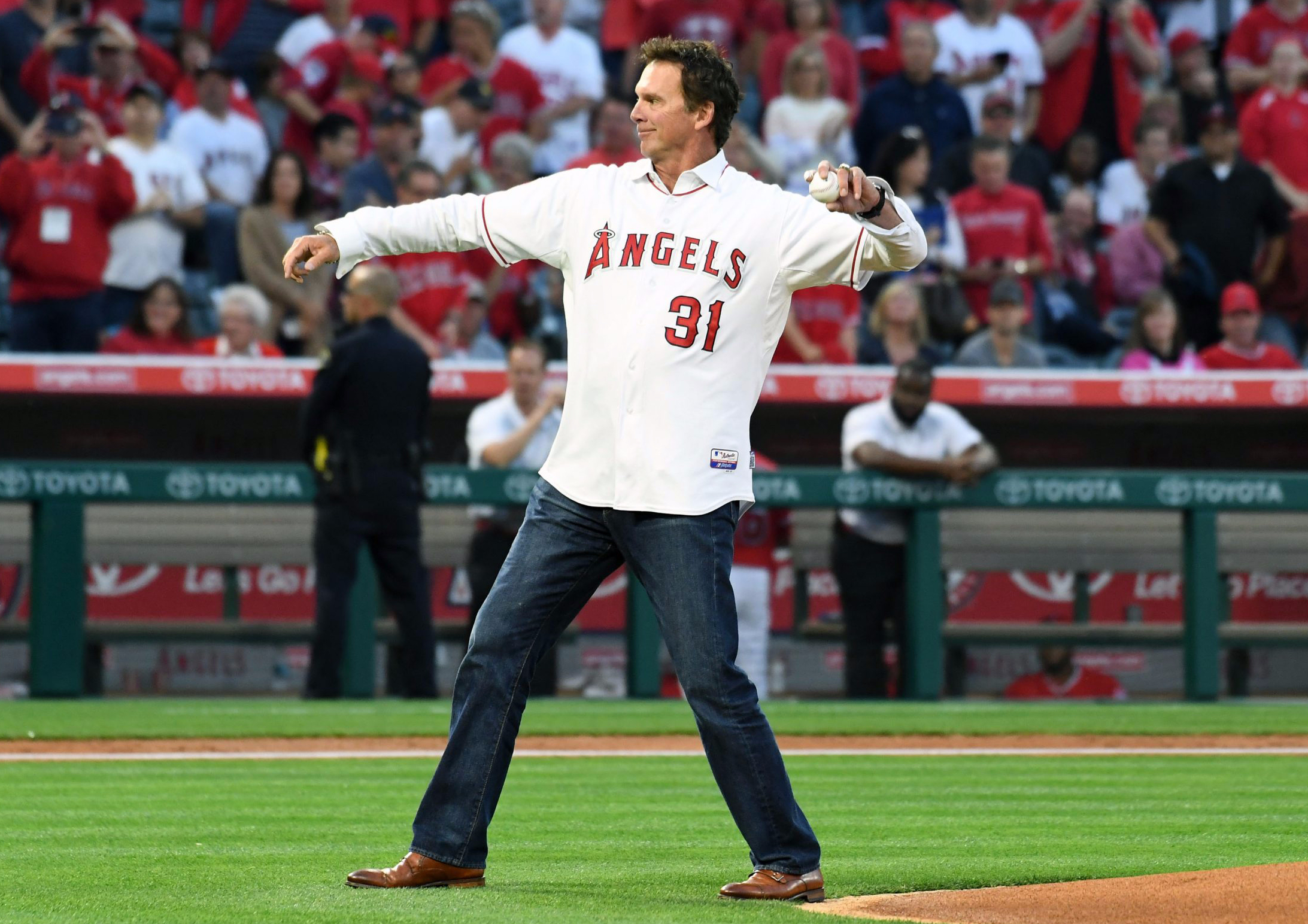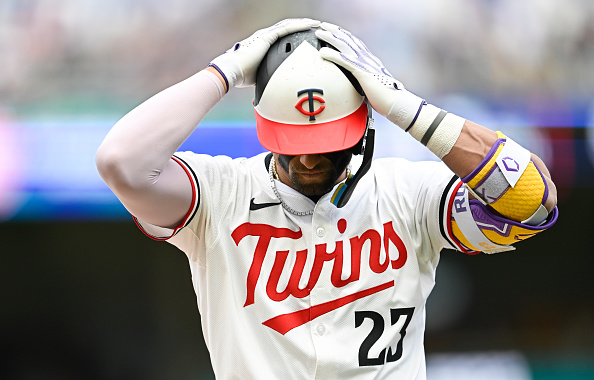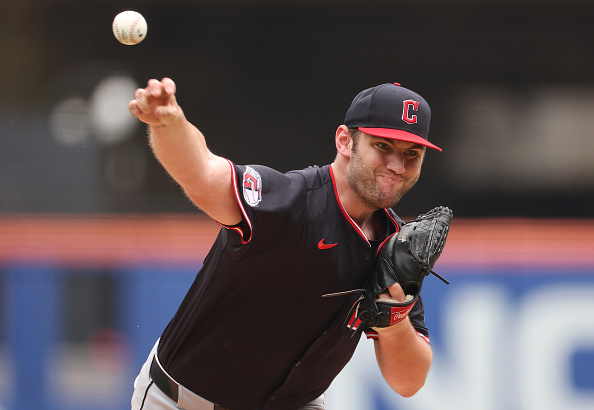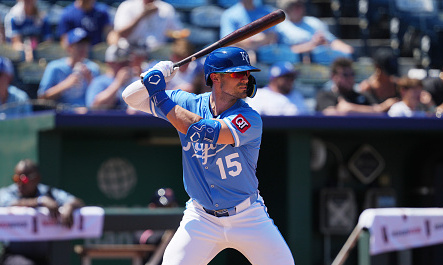As Los Angeles Angels baseball fans await the hopeful start of their franchise’s 60th MLB season, we’re going to go back and compile all-decade teams from the first six decades in club history. The Angels may have been listing to “Smells Like Teen Spirit” and “Spoonman,” but more importantly to their fans, they were building a championship squad in the making from their farm system.
The ’90s saw the strongest group of young talent to emerge from their farm system in franchise history, thus setting them up for championship success to follow.
First Base – Darin Erstad
Erstad would break into the crowded Angels outfield thanks to some injuries in 1996 but quickly found himself converted to first base in 1997 as Jim Edmonds, Tim Salmon, and Garret Anderson made up the outfield. Erstad would go on to display Gold Glove-caliber defense and be named to the 1998 All-Star team. J.T. Snow’s defense, Wally Joyner’s consistency, and Mo Vaughn’s booming bat all receive honorable mentions at first base in the 1990s.
Second Base – Randy Velarde
Damion Easley was supposed to be the Angels’ second baseman of the future but prolonged, reoccurring injuries forced the Angels to bring in former Yankees infielder Randy Velarde before the 1996 season. Velarde quickly found himself as the everyday second baseman with his consistent bat and solid defensive play at the position. Velarde would hit .288/.376/.427 with the Halos before being dealt to Oakland at the 1999 trade deadline in 1999.
Shortstop – Gary Disarcina
Gary Disarcina spent parts of the 1989 through 1991 seasons shuttling between Anaheim and Triple-A before assuming the everyday shortstop position from Dick Schofield in 1992. Disarcina would hold that starting role through the remainder of the decade and earn a position on the 1995 American League All-Star roster. Disarcina would end his career with the Angels in 2000 and remains one of the few Angels to play his entire career of 12 or more seasons with the franchise.
Third Base – Tony Phillips
Troy Glaus burst onto the scene late in 1998 season with 30 home runs over parts of the final two seasons of the decade and carry the position into the 2000s but it was veteran Tony Phillips who earned the position on this squad. The 12-year veteran arrived in Anaheim from Detroit in exchange for Chad Curtis in April 1995 as a super-utility player who played all over the diamond. While Phillips continued to play all over the field, he settled in to play 88 games at the hot corner for the Angels that season. He would sign with the White Sox months later only to be acquired again by the Angels in a May trade, finishing his tenure with the Halos with a .262/.386/.428 slash while adding 4.7 fWAR across 244 games.
Left Field – Garret Anderson
Anderson hit .300 for the decade with 72 home runs and 393 runs batted in across the first 728 games of his MLB career. Anderson hit .321 as a rookie in 1995, finishing a close second to Minnesota’s Marty Cordova in the American League Rookie of the Year voting. Anderson would provide the Angels solid contact and 30-plus double gap power for the majority of the decade before developing the power he would carry into the 2000s when hitting 21 home runs for the Angels in 1999.
Center Field – Jim Edmonds
Edmonds would break into the majors with the Angels in 1993 for 18 late-season games before earning regular playing time the following season, which was good enough to earn him top-10 votes for Rookie of the Year. By 1995, he was an American League All-Star with 33 home runs and 107 runs batted in. Edmonds’s highlight plays in center field would become routine viewing for SportsCenter viewers and he would earn Gold Glove awards at the position in both 1997 and 1998.
Right Field – Tim Salmon
Tim Salmon arrived to Anaheim with high hopes in 1992 as the Baseball America Minor League Player of the Year. The King Fish did not disappoint, hitting .283 with 31 home runs and 95 runs batted in to earn 1993 American League Rookie of the Year honors. Salmon would finish in the top-15 in MVP voting during three different seasons during the decade, winning a Silver Slugger at the position in 1995. Salmon was known to have slow starts as a .258 career hitter in March and April which is likely he is one of the greatest MLB players to never be named to an All-Star team.
Catcher – Lance Parrish
Parrish was a seven-time All-Star before joining the Angels as a 33-year old veteran catcher prior to the 1989 season. Parrish would provide solid defense and some of the better offensive production at his position, hitting .243 with 47 home runs and 132 runs batted in across 264 games with Angels during the decade. In 1990, Parrish hit .268 with 24 home runs, earning his eighth trip to the All-Star game and winning the Silver Slugger award at the catcher position.
Designated Hitter – Chili Davis
Chili Davis had two stints with the Angels during the decade separated by a World Championship stay in Minnesota before leaving the Angels later in the decade to win more with the Yankees. While with the Angels for a total of five seasons, Chili Davis hit .283 with 113 home runs and 435 runs batted in. Davis’s 1994 season was arguably his best as he hit .311 with 26 home runs and was named to the American League All-Star squad.
Utility Player – Rex Hudler
Rex Hudler joined the Angels as a journeyman utility infielder coming off a stint playing baseball in Japan. Soon, his gritty style of play earned Hudler regular playing time all around the diamond for the Angels. Across 232 games with the Halos from 1994 to 1996, Hudler produced a slash line of .293/.325/.508 with 4.8 fWAR. The “Hud Dog” would go on to become one of the more beloved personalities and broadcasters in club history after his playing career ended in 1998.
Starting Pitcher – Chuck Finley, Mark Langston, Jim Abbott, Kirk McCaskill, Jason Dickson
Chuck Finley finished his Angels career as arguably the second greatest pitcher in franchise history (don’t forget Nolan Ryan). Finley was named to three All-Star squads and was victorious in 135 games starting for the Angels in all 10 seasons of the decade. Finley holds a Halos record for most victories by a pitcher in a single decade.
Mark Langston arrived in Anaheim with high hopes and didn’t disappoint early, pitching a combined no-hitter with Mike Witt in his Angels debut on April 11, 1990. Langston would represent the club on three All-Star teams and win 15 or more games in three of his eight seasons in Anaheim.
Jim Abbott joined Finley and Langston as the nasty trio of left-handed starters for the Halos in the early portion of the decade. Abbott would win 42 games with the Angels in his two stints with the franchise, including his career-high 18 victories in 1991 en route to finishing third in AL Cy Young voting.
Kirk McCaskill was not as dominant as his prime seasons in the 1980s. However, the right-hander did manage to win 10 or more games in each of his first three seasons of the decade prior to leaving for Chicago in 1992.
A Canadian right-hander, Jason Dickson quickly emerged as one of the best starters on the Angels’ staff in his rookie year of 1997, being named to the American League All-Star team and finishing third in Rookie of the Year balloting that season. He would win 13 games that season and 10 the next before injuries ended his career in 2000. Dickson’s All-Star appearance gives him edge over names like Omar Olivares, Ken Hill, and Shawn Boskie for the fifth-best starter of the decade.
Relief Pitchers – Troy Percival and Bryan Harvey
Troy Percival broke into the majors with the Angels in 1996 as a set-up man for future Hall of Famer Lee Smith before assuming the closer role himself in 1997. Percival would remain with the Angels for the rest of the decade, saving 36, 27, 42, and 37 games across those four seasons, respectively. Over that time, he could be found earning trips to three All-Star games.
Bryan Harvey carried the closer role into the ’90s and had the best season of his career for the Angels in 1991 when he led the American League with 46 saves while posting a 1.60 ERA, striking out 101 hitters in 78 innings. Harvey would finish fifth in AL Cy Young voting that season and save a total of 84 games in the decade.
Mark Eichhorn gets an honorable mention as the third-best reliever of the decade for his steady performance in the set-up role early in the early 1990s.
Manager – Terry Collins
While the Angels failed to reach the postseason during the decade, the team won 84 and 88 games and finished in second place in both of Collins’s full seasons as the manager in 1997 and 1998. Collins provided a nice bridge to the successful Mike Scioscia-managed teams of the decade to come.
See additional Angels All-Decade rosters: 1960’s, 1970’s, 1980’s







